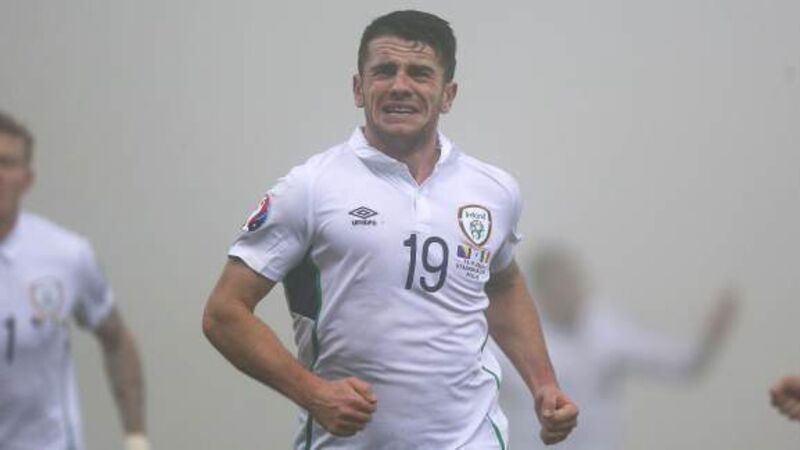Away goal means Ireland are walking a tightrope

Ireland might have the advantage of ‘the crucial away goal’ from the 1-1 first leg in Zenica but one slip, one error, and Bosnia and Herzegovina would suddenly have the platform - and possibly the confidence - to go and get a second such strike themselves.
So much worry, then, over so potentially small a moment.











